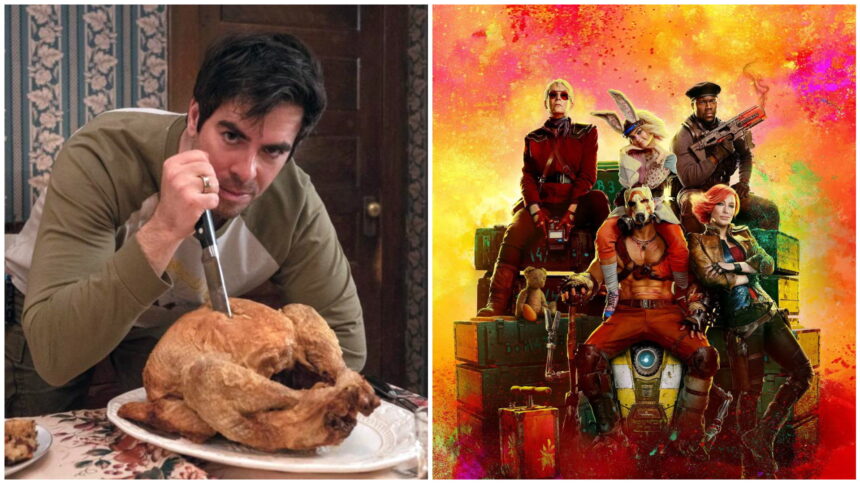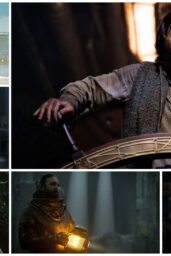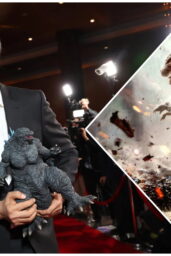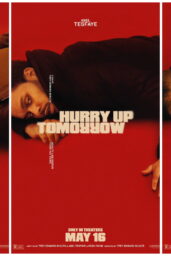I wept when Borderlands failed.
Okay, no, I didn't. But watching $145 million vanish like Claptrap on a bad acid trip? That stings. Eli Roth now claims the chaotic flop wasn't his fault. It was COVID. And Zoom. And a pre-production process that made even the simplest stunt feel like assembling IKEA furniture with mittens on.
Roth's words, not mine—well, close enough.
“You can't prep a movie on that scale over Zoom,” he said on The Town podcast, sounding more like a man trying to explain a UFO sighting than a director defending a $115 million loss.
Here's the thing: He's not entirely wrong. But he's also not entirely right.
What Roth Got Right: The COVID Mess Was Real
Let's give him his due. 2021 was a filmmaking nightmare. Cities shut down mid-shoot. Reshoots staggered across continents. Coordinating actors, stunt teams, and VFX departments became a logistical hellscape. Studios scrambled to virtualize workflows never meant to leave the soundstage.
Roth wasn't being melodramatic—just real.
“I couldn't be with my stunt people, I couldn't do pre-vis, everyone's spread all over the place…”
It wasn't a film set. It was a Slack channel with PTSD.
What Roth Got Very Wrong: The Script Was Already on Fire
COVID may have been the storm, but Borderlands was already leaking fuel.
- Eight credited screenwriters. Eight.
- Craig Mazin, co-writer of The Last of Us, took his name off the movie entirely.
- “Joe Crombie,” the credited replacement? Allegedly a pseudonym. Internet sleuths still think it's Mazin ducking for cover.
- Tim Miller (Deadpool) was brought in for reshoots, replacing Roth. That's never a vote of confidence.
Let's face it—when your movie's credits read like a group project gone rogue, you can't pin everything on a pandemic.
Here's the Uncomfortable Truth:
Hollywood's obsession with IP is eating itself alive.
Borderlands had all the markers of success: a cult fanbase, star-studded cast (Cate Blanchett, Kevin Hart, Jack Black), and a director known for gory genre fun. Instead, it became the poster child for everything wrong with the franchise-industrial complex.
Compare this to The Super Mario Bros. Movie. Love it or hate it, at least it knew what it wanted to be: loud, silly, and unapologetically for fans. Borderlands? It felt like it was assembled by a focus group locked in an escape room.
Look Back to Look Forward: The “Max Payne” Effect
We've been here before. Remember Max Payne (2008)? Another video game movie, another major talent (Mark Wahlberg), another disaster. Critics laughed, fans rioted, and Hollywood swore off game adaptations for a while. Until Detective Pikachu and Sonic cracked the code: respect the source, simplify the tone, and don't overthink it.
Borderlands, in contrast, did all the overthinking and none of the listening.
Final Shot: Was COVID the Nail in the Coffin?
Sure. But the coffin was already built, nailed shut, and buried under a dozen studio notes and script rewrites.
Roth deserves empathy—but not a free pass.
Would you watch Borderlands if Roth released his original cut? Or is this one better left to the video game aisle? Drop your take below.












